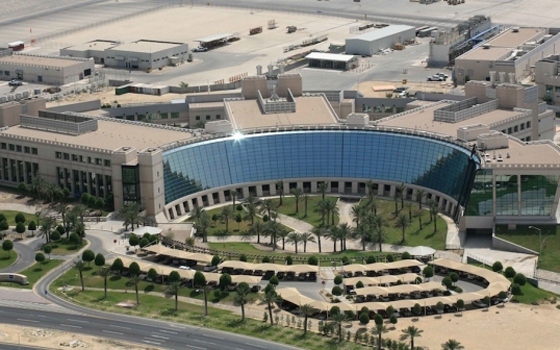Currently grappling with the impact of low oil prices, Saudi Arabia announced a 2016 budget comprising spending cuts, subsidy overhauls, and taxation, in order to meet its financial targets.
The 2016 budget anticipates that KSA will spend $224 billion and earn $137 billion in revenues for a fiscal deficit of $87 billion.
Dwindling oil prices in the international market have been impacting the state’s revenues whilst ongoing conflict in Yemen has overburdened the economy on account of military expenditure.
KSA will need $4 trillion in public and private investment up to 2030 to inoculate the economy from the oil price rout (McKinsey estimates).
KSA’s finance ministry has announced that it will review government projects to ensure they are necessary, affordable, and efficient.
The ministry in October 2015 had reportedly frozen investments into new projects as a precursor to the recent budgetary announcement.
The ministry will also adjust subsidies for water, electricity, and petroleum products over the next few years. In addition, KSA’s other plans for 2016 include privatizing a range of sectors over the next five years.
Sectors that will be negatively impacted include petrochemicals, transport and cement sectors, which are heavily subsidized by the government. Sectors that will be positively impacted include utilities and natural gas providers – but the impact on their bottom lines will include the extent to which the government in turn cuts back subsidies for those companies.
Ventures Onsite
29 February






















































